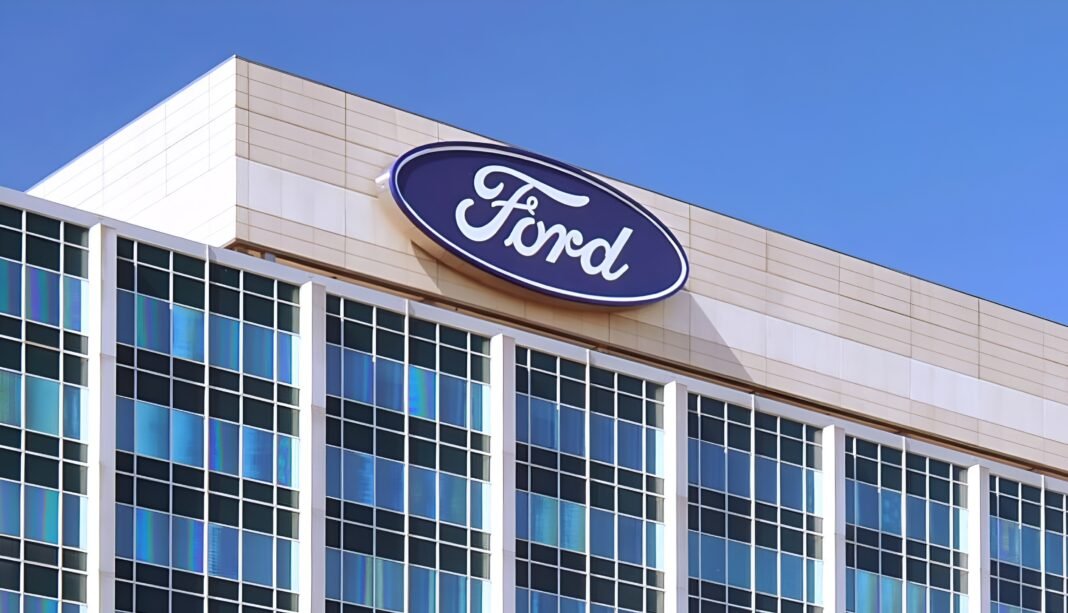Ford Motor Co. has announced further delays in the launch of two of its next-generation electric vehicles (EVs), signaling a strategic shift toward smaller and more affordable models that can drive profitability. The Michigan-based automaker informed suppliers and employees in June that its full-size electric pickup, set to succeed the popular F-150 Lightning, will now arrive in 2028, a few months later than the initially projected late 2027 release. Despite the delay, prototypes for the vehicle are still expected to debut in 2027, with production planned at Ford’s BlueOval City Assembly Plant in Tennessee.
In addition to the pickup delay, Ford also confirmed that production of its E-Transit van, which is to be manufactured at the Ohio Assembly Plant in Avon Lake, Ohio, will shift from 2026 to 2028.
“F-150 Lightning, America’s best-selling electric truck, and E-Transit continue to meet today’s customer needs,” said Ford spokesman Ian Thibodeau. “We remain focused on delivering our Ford+ plan and will be nimble in adjusting our product launch timing to meet market needs and customer demand while targeting improved profitability.”
This adjustment represents the latest evolution in Ford’s EV strategy, which has seen multiple shifts over recent years. Currently, Ford’s EV lineup includes the Mustang Mach-E, F-150 Lightning, and E-Transit. CEO Jim Farley has described the company’s next phase in EV development as a “Model T moment,” a nod to the historic vehicle that transformed Ford into a mass-market carmaker more than a century ago.
Financially, Ford has yet to turn a profit on its electric vehicle operations. The company projects losses of up to $5.5 billion in its EV and software divisions in 2025. In the second quarter alone, Ford’s Model e electric vehicle unit reported a $1.3 billion loss, widening from the $1.1 billion loss recorded in the same period last year.
Farley has repeatedly emphasized the need for Ford to benchmark itself against Chinese automakers, who have been setting the pace in EV cost reduction and production efficiency. Earlier this year, Farley and Ford’s executive team visited China to study the operational models of leading Chinese auto companies, with the intention of applying those lessons globally. Chinese manufacturers have been successful in producing high-quality, well-designed EVs at affordable prices for markets in Europe and Asia, prompting Ford to focus on smaller, lower-cost models using more cost-effective batteries and streamlined platforms.
The recent delays follow a series of previous adjustments to Ford’s EV plans. In August 2024, the company announced the cancellation of an all-electric three-row SUV and the postponement of a full-size EV pickup. At that time, Ford said it would prioritize a new all-electric commercial van scheduled for 2026, which has now been delayed to 2028. Additionally, the rollout of a more affordable midsize EV pickup, along with the full-size pickup, was pushed to 2027, representing an initial delay of approximately 18 months from original plans.
As Ford navigates its evolving EV strategy, the company continues to balance innovation with financial pragmatism, aiming to deliver vehicles that meet customer demand while moving toward profitability in a rapidly growing and competitive electric vehicle market.


